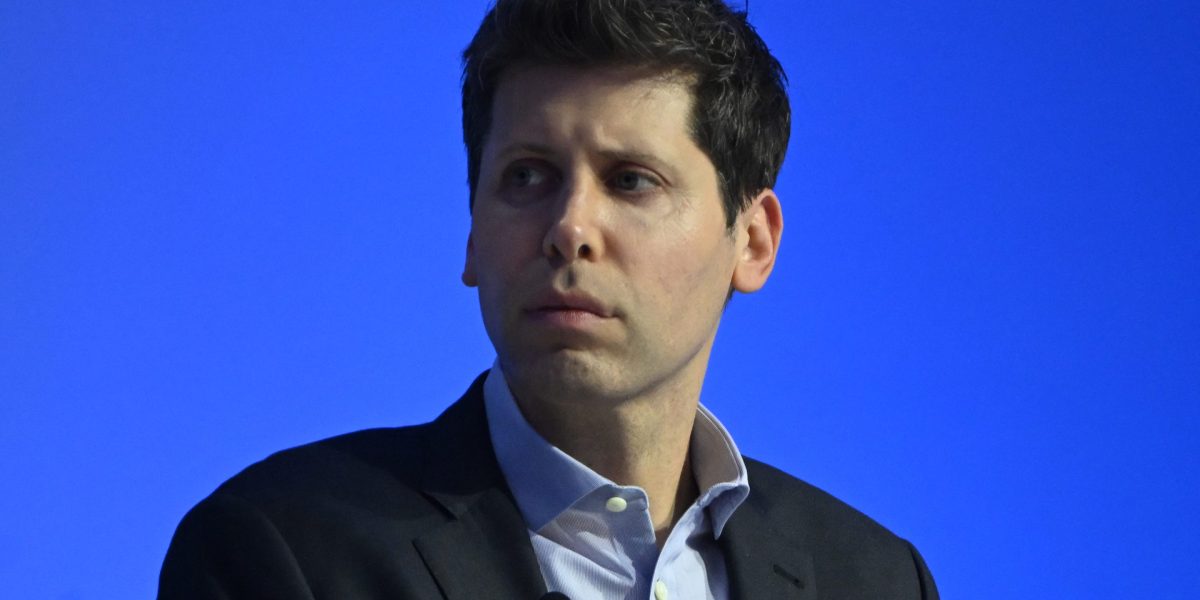Sam Altman’s recent ousting as the CEO of OpenAI may be connected to a breakthrough in artificial intelligence. According to reports from Reuters, certain staff and researchers at the organization raised alarms about a development that could pose risks to humanity.
The concerns were reportedly outlined in a letter from two undisclosed sources, reigniting discussions about Altman’s alleged rush to commercialize the technology. It was revealed that a pivotal project known as Q* resulted in AI successfully tackling intricate mathematical challenges at a high school level.
At a summit in San Francisco, Altman hinted at the importance of the breakthrough by referencing Q* (pronounced Q-star) shortly before his removal. Following internal unrest and threats of rebellion, Altman was reinstated as CEO in a surprising twist.
OpenAI’s Chief Technology Officer, Mira Murati, acknowledged the Q* project and the internal memo in response to Reuters’ inquiries. However, Fortune was unable to secure an immediate comment from OpenAI.
These recent events have stirred curiosity and apprehension, raising questions about the uniqueness and implications of this AI advancement. Unlike conventional computing systems that rely on binary commands, neural networks are trained to identify patterns and draw inferences, mirroring human cognitive processes.
For example, Google’s Autocomplete feature leverages generative AI to forecast user queries based on statistical probabilities. This stands in contrast to deterministic systems, prompting experts like Meredith Whittaker to characterize neural networks as “probabilistic machines” capable of producing plausible results.
The success of autonomous problem-solving demonstrated by conceptual AI models such as ChatGPT suggests the potential for advancing artificial general intelligence (AGI) beyond human capacities. Nonetheless, concerns emerge regarding the necessity of establishing ethical frameworks and safeguards to prevent AGI from perceiving humanity as a threat to its survival.






